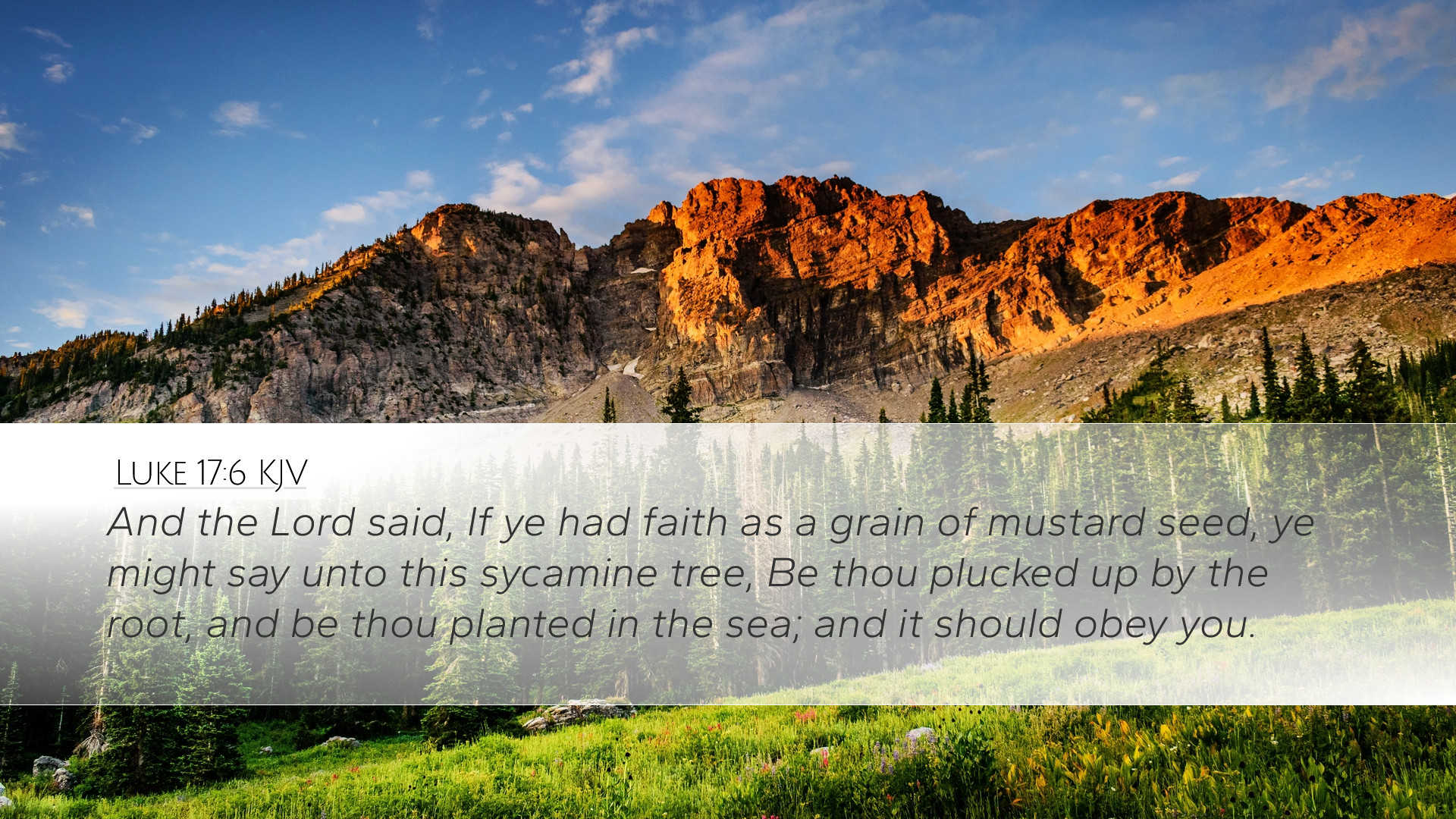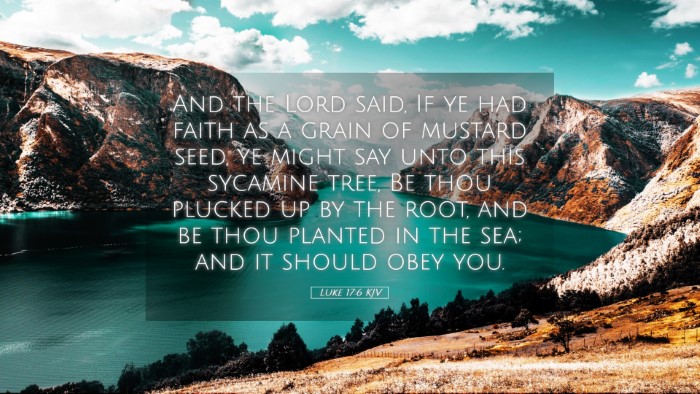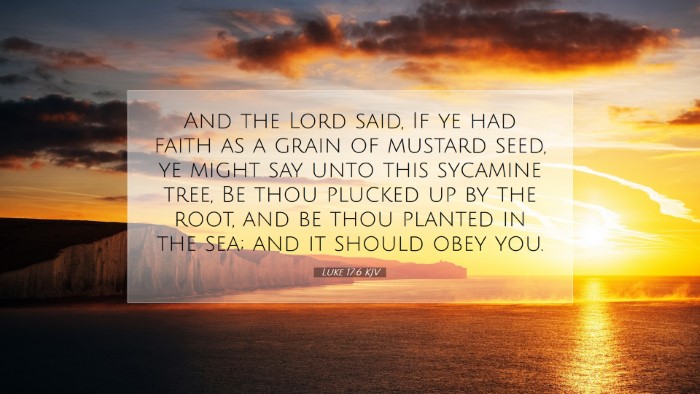Old Testament
Genesis Exodus Leviticus Numbers Deuteronomy Joshua Judges Ruth 1 Samuel 2 Samuel 1 Kings 2 Kings 1 Chronicles 2 Chronicles Ezra Nehemiah Esther Job Psalms Proverbs Ecclesiastes Song of Solomon Isaiah Jeremiah Lamentations Ezekiel Daniel Hosea Joel Amos Obadiah Jonah Micah Nahum Habakkuk Zephaniah Haggai Zechariah MalachiVerse
Luke 17:1 Luke 17:2 Luke 17:3 Luke 17:4 Luke 17:5 Luke 17:6 Luke 17:7 Luke 17:8 Luke 17:9 Luke 17:10 Luke 17:11 Luke 17:12 Luke 17:13 Luke 17:14 Luke 17:15 Luke 17:16 Luke 17:17 Luke 17:18 Luke 17:19 Luke 17:20 Luke 17:21 Luke 17:22 Luke 17:23 Luke 17:24 Luke 17:25 Luke 17:26 Luke 17:27 Luke 17:28 Luke 17:29 Luke 17:30 Luke 17:31 Luke 17:32 Luke 17:33 Luke 17:34 Luke 17:35 Luke 17:36 Luke 17:37

